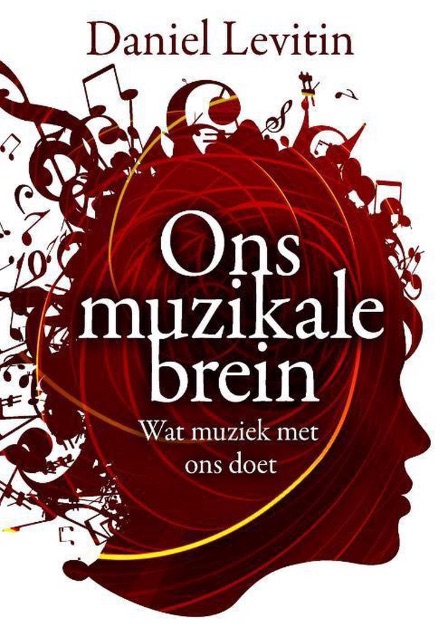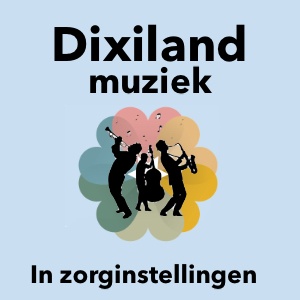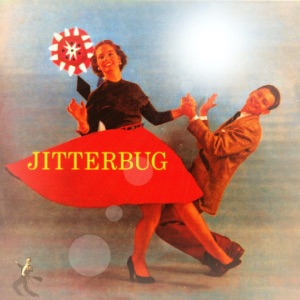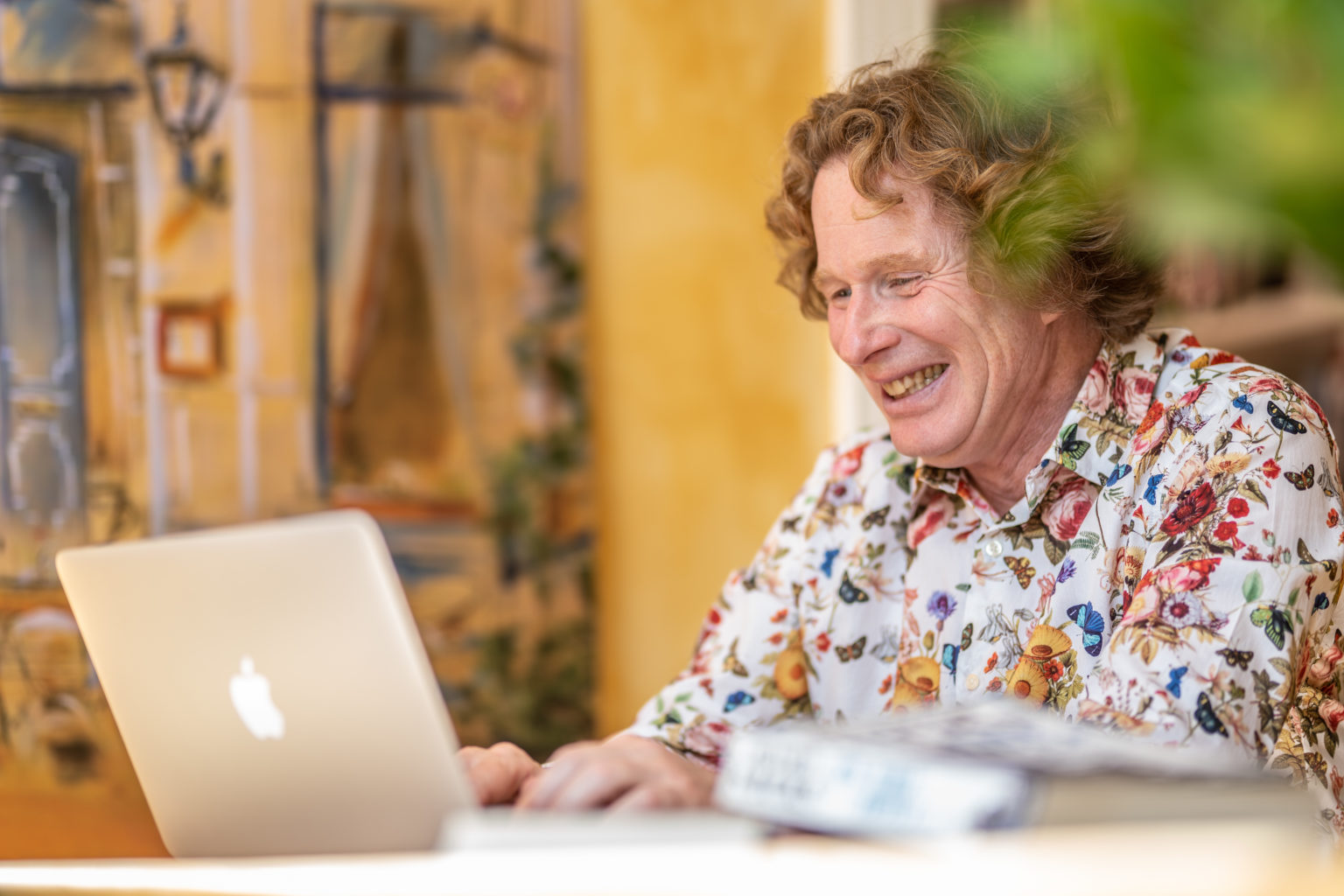Thenille Braun Janzen, Michael H. Thaut
Conclusion: we suggest that music-based developmental training for attention and motor control may receive a critical new functional role in the treatment of autism due to the significant effect of auditory-motor entrainment on motor and attention functions and brain connectivity. Lees hier het volledige artikel

Ronna S. Kaplan, Anita Louise Steele
Conclusion: 100% of parents and caregivers surveyed indicated subjects generalized skills/responses acquired in music therapy to nonmusic therapy environments. Lees hier het volledige onderzoek
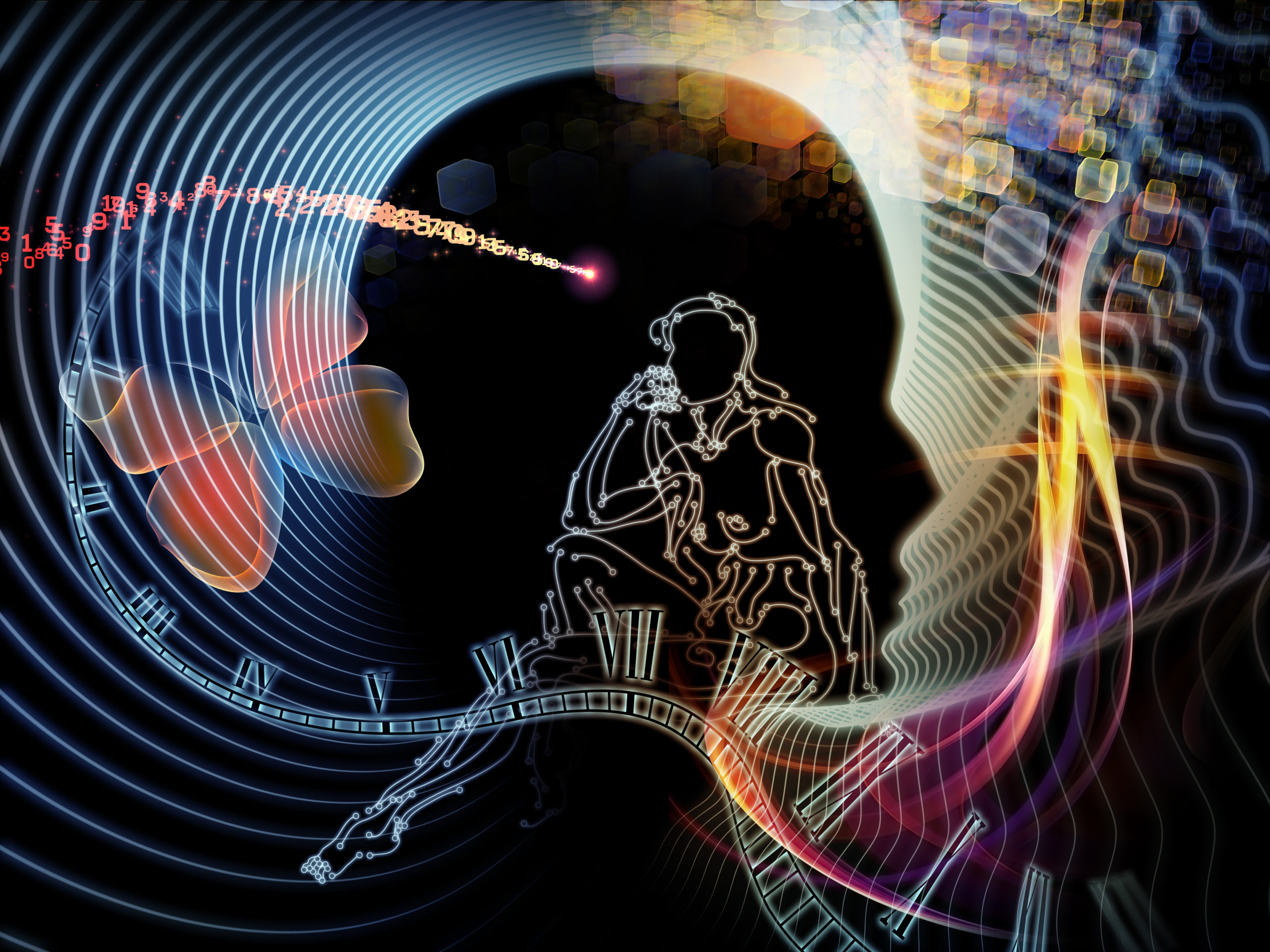
Megha Sharda, Carola Tuerk, Rakhee Chowdhury, Kevin Jamey, Nicholas Foster, Melanie Custo-Blanch, Melissa Tan, Aparna Nadig, and Krista Hyde
Conclusion: Music has been identified as a strength in people with Autism Spectrum Disorder; however, there is currently no neuroscientific evidence supporting its benefits. Given its universal appeal, intrinsic reward value and ability to modify brain and behaviour, music may be a potential therapeutic aid in autism. This study provides the first evidence that 8–12 weeks of individual music intervention can indeed improve social communication and functional brain connectivity, lending support to further investigations of neurobiologically. Lees hier het volledige artikel

Wil je meer weten over het inzetten van muziek? Volg een MuziekGeluk training.
